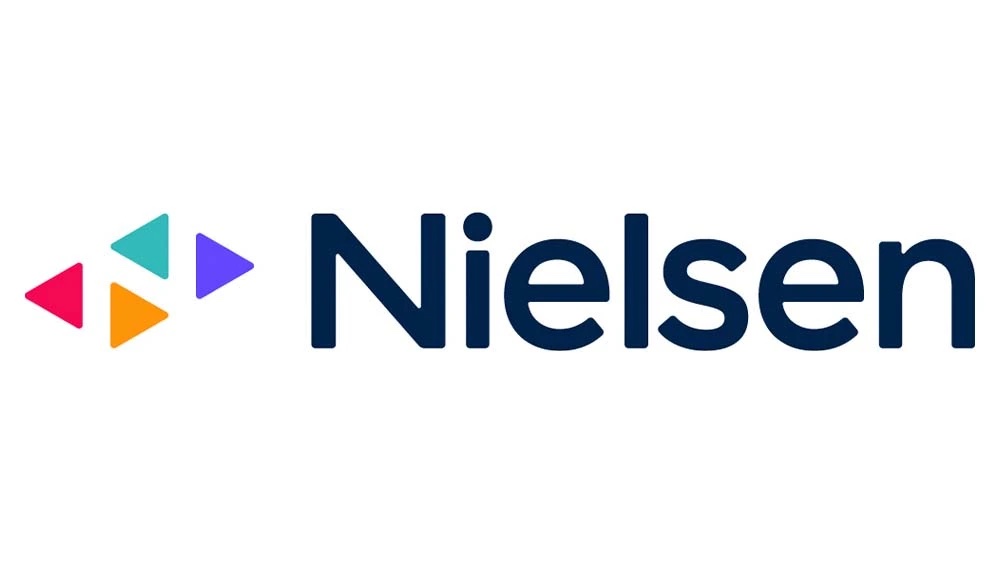FCC action on TiVo raises red flag for NFL rights management
The NFL is contemplating whether to challenge a call by the FCC that could upset the way the league protects its content from unauthorized retransmission and distribution. Last week, the FCC approved a measure allowing TiVo to include technology in future products that will let a user share television programs via the Internet with nine TiVo-owning family members or friends. The company’s digital protection technology would prevent users from sharing programs more broadly.
However, the NFL objects to the TiVo Internet-based sharing because it could be used to skirt existing proximity limits that would threaten its long-standing approach to televising games on a regionalized basis.
According to league spokesman Brian McCarthy, the NFL fears the FCC’s action regarding TiVo could be used in at least three ways to upset the broadcast apple cart, including:
- Erode regional television markets and harm broadcast partners: With possible nationwide sharing of games through TiVo, fans could choose to ignore the regional Sunday afternoon games broadcast in their market in favor of watching a favorite out-of-market team.
- Throw broadcast black-out rules into disarray. Games that don’t sell out 72 hours prior to kick off could still be viewed in a team’s home market via a TiVo connection to friends viewing the broadcast in the opposing team’s market. With the teeth removed from the black-out rules, home teams might have a harder time selling out.
- Establish a quasi-gray market in Sunday afternoon NFL game telecasts. “Who’s to say you wouldn’t go out and resell part of your device on e-bay and coddle it out to nine other locations around the country?” McCarthy asked.
The league currently has made no decision on what action it will take. However, it is discussing the possibilities with other interested parties, such as the Motion Picture Association of America. According to McCarthy, the league is considering a range of actions, from asking the commission to reconsider the TiVo question to seeking a stay pending further talks with the company.
The FCC also certified 12 other technologies proposed, including Sony’s “Magic Gate” recording technology, Philips Electronics and Hewlett-Packard’s Vidi recordable DVD protection system, Microsoft’s Windows Media Digital Rights Management, and RealNetworks’ Helix DRM Trusted Recorder.
Visit the FCC for more information on its digital protection rules.
The professional video industry's #1 source for news, trends and product and tech information. Sign up below.
